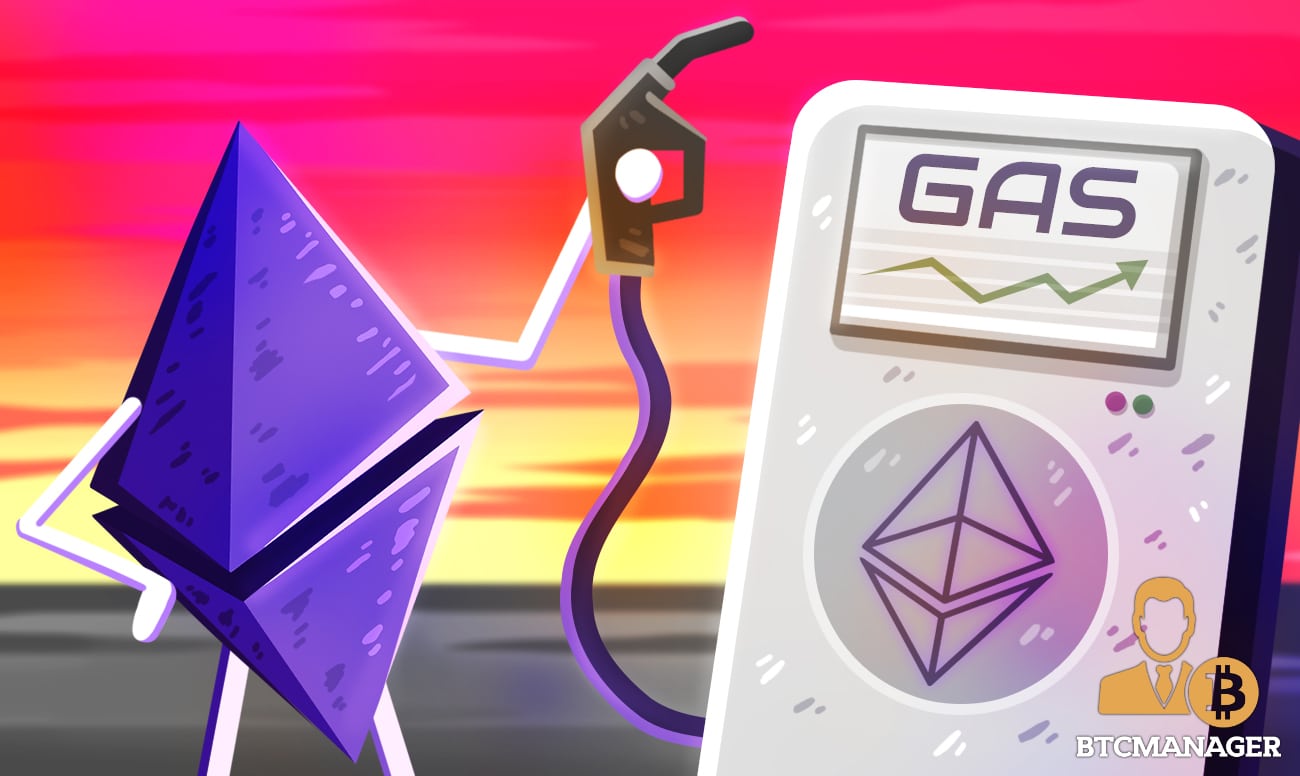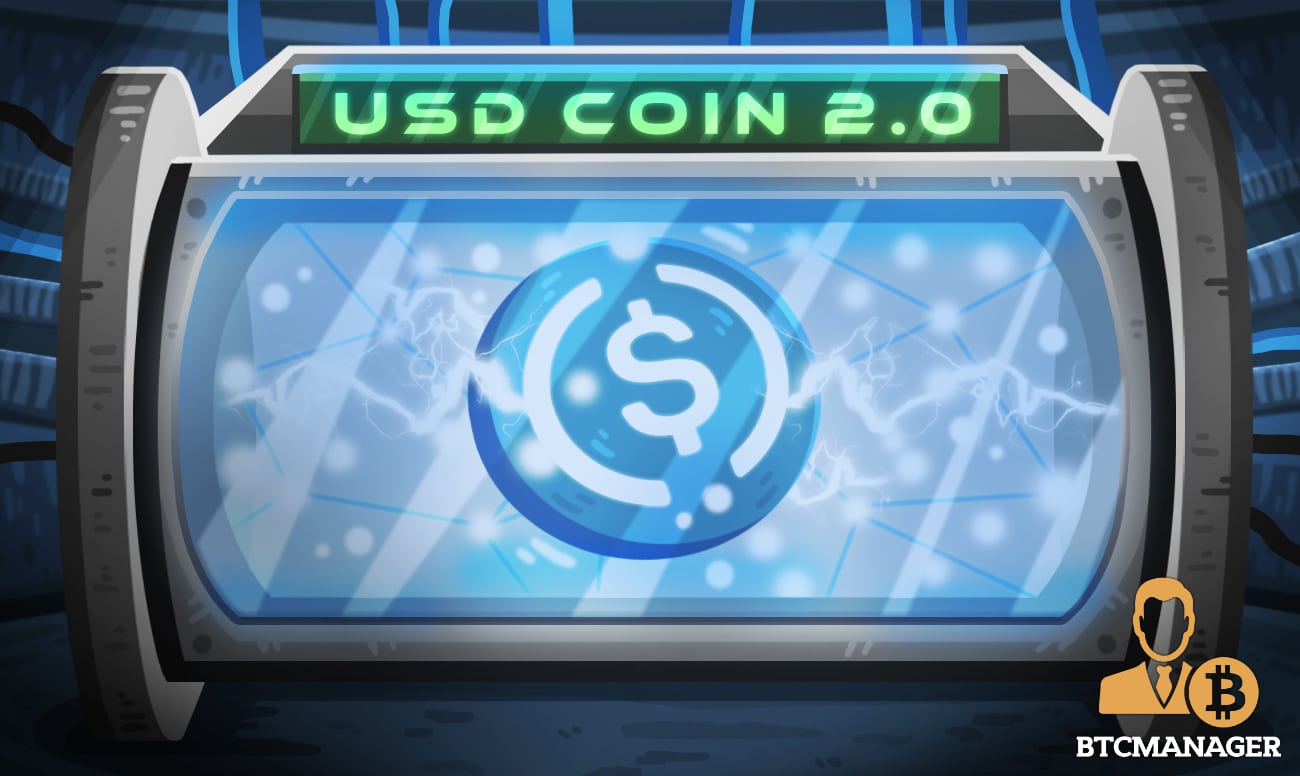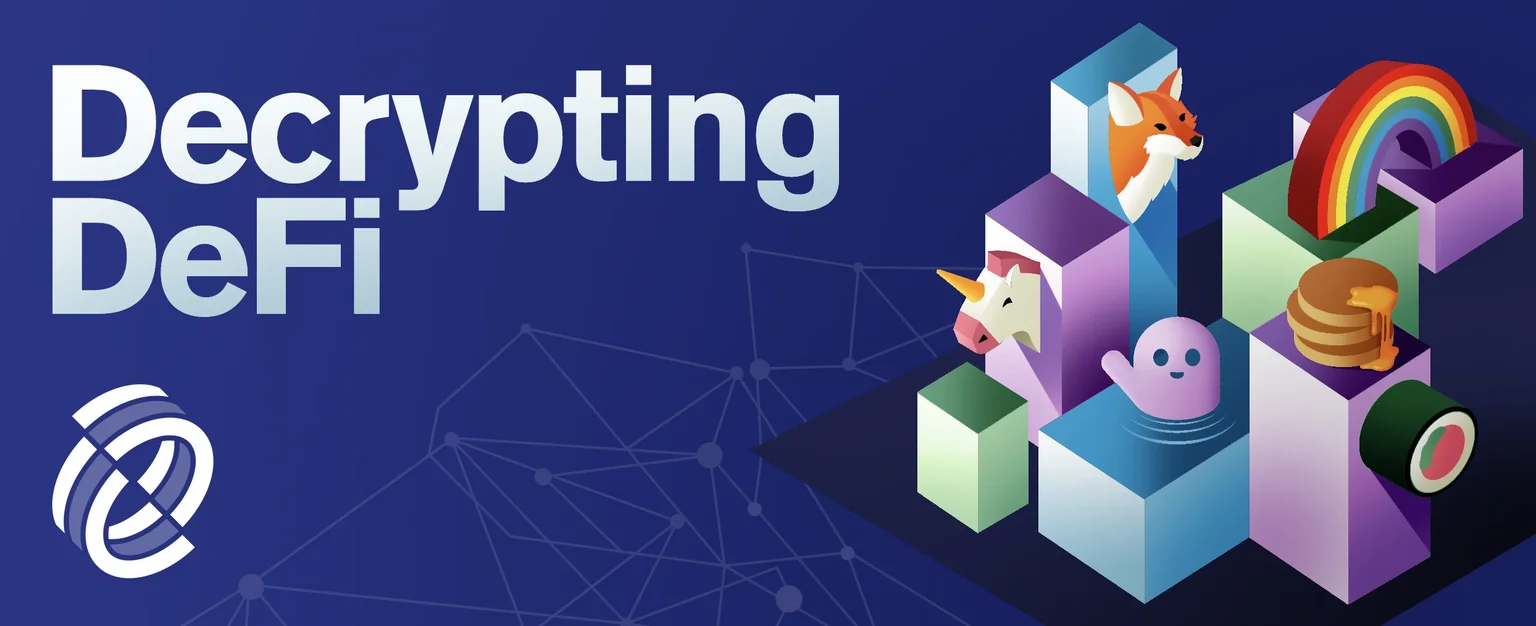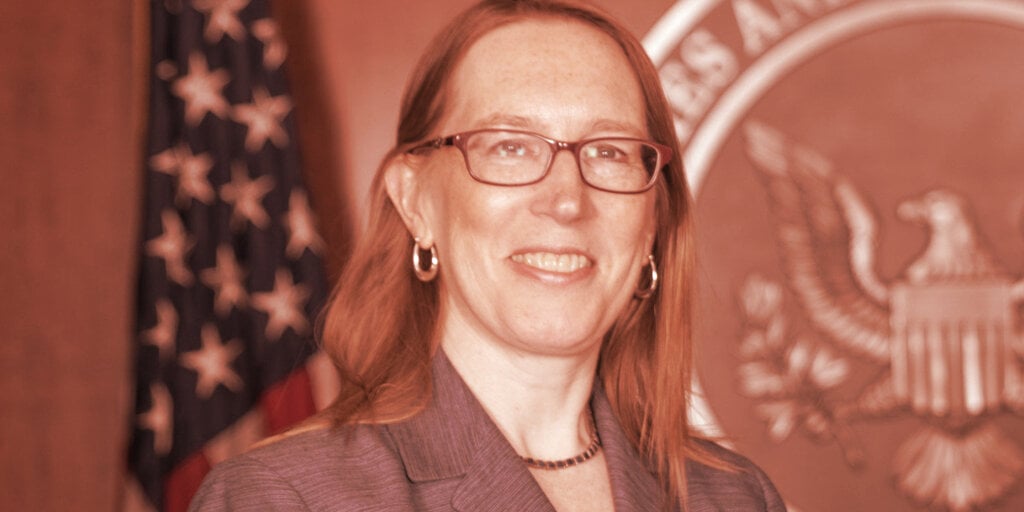Vitalik Buterin the co-founder of the Ethereum smart contracts blockchain has introduced the Ethereum Improvement Proposal (EIP) 2929 as a possible solution to the rising gas fees of the network.
Buterin Focuses on Gas Fees Reduction
As the world of decentralized finance (DeFi) continues to expand, transaction fees (gas fees) on Ethereum, the engine room of most DeFi protocols has increased crazily, hitting an average of over $15.21. Now, Buterin has drafted the EIP 2929 as a possible solution to the problem.
As stated in the EIP 2929 draft on GitHub, the proposal seeks to increase the gas cost for the *CALL, BALANCE, EXT*, and SELFEDESTRUCT state access opcode family. For the uninitiated, in computer programming, an operation code (opcode) is the part of a machine language instruction that specifies the task to be performed. These opcodes are responsible for updating the Ethereum state.
A section of the EIP2929 draft reads:
“This proposed EIP increases the costs of these opcodes by a factor of ~3, reducing the worst-case processing time to ~7-27 seconds. Improvements in database layout that involve redesigning the client to read storage directly instead of hopping through the Merkle tree would decrease this further, though these technologies may take a long time to fully roll out, and even with such technologies the IO overhead of accessing storage would remain substantial.”
A Long Way to Go
As with other EIPs such as the EIP 1559 which seeks to make it possible for all transactions to pay the same gas fee, Buterin’s proposal still has to be deliberated upon by the community and as such the end to the crazily high Ethereum gas fees menace may not be in sight just yet.
Against that backdrop, Hendrik Hofstadt, founder of Certus Oneit, has made it clear that the best bet is for Ethereum developers to tackle the issue by incorporating their own Layer-2 scaling solutions.
Notably, a couple of stablecoin projects on the Ethereum network are already formulating solutions to the Gas fees challenge on the network.
In late August, Circle, and Coinbase, members of the Circle Consortium released USDC 2.0, an upgraded version of the stablecoin which is designed to support gasless transactions. And on September 1, 2020, reports emerged that the highly controversial stablecoin, Tether (USDT) is looking to integrate ZK-Rollups, as part of measures to reduce transaction fees and congestion on Ethereum.
Sourced from crypto.news.
Written by Ogwu Osaemezu Emmanuel on 2020-09-04 19:00:44.









